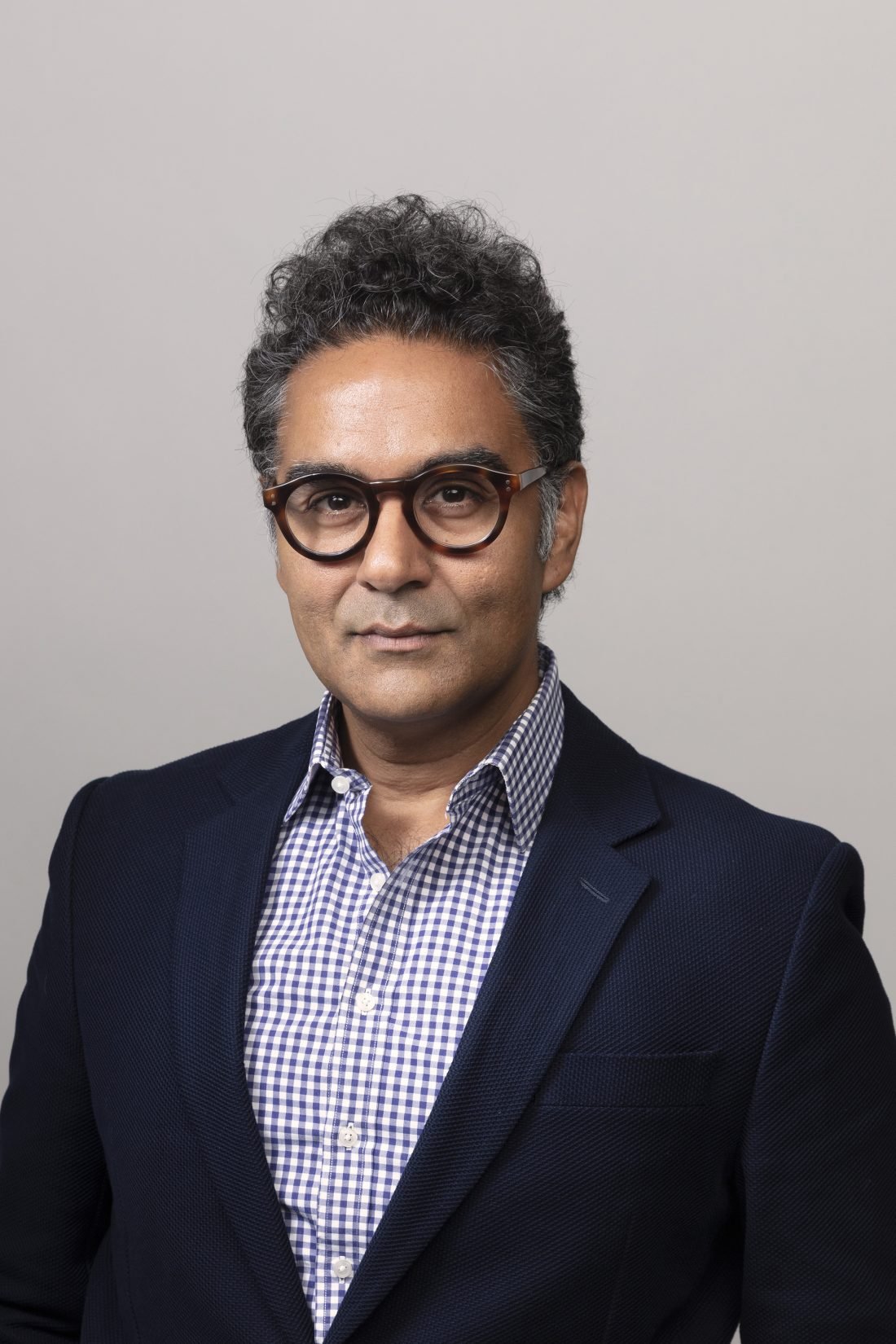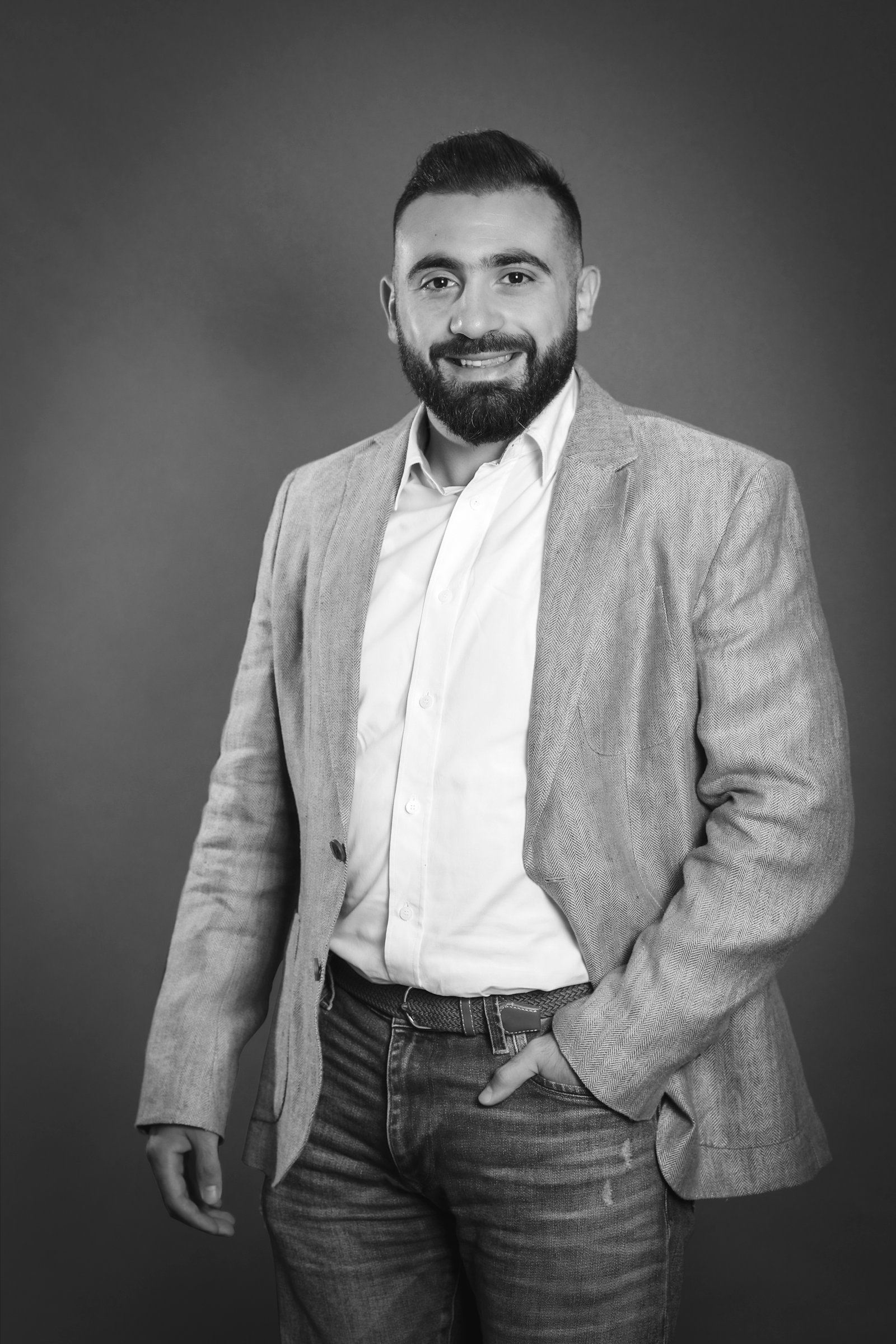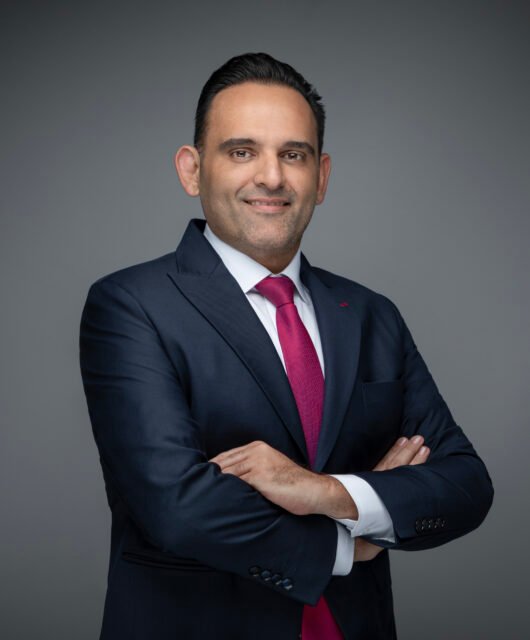Why Our Industry Needs To Actively Play A Meaningful Role In Shaping The Recovery
By Harjot Singh, Chief Strategy Officer, Europe & UK, McCann Worldgroup EMEA
What if we were able to move from being a witness to an enabler? Instead of waiting for our economy and society to emerge from the ravages of the pandemic, the advertising industry can actually help to engineer the recovery?

I’m inviting you to join me in thinking about this. Because I believe that in addition to doing our best work, helping to place our clients in a position of strength – one in which they’re ready to respond and re-assimilate – we could also have a dramatic impact on the way the society of the near future looks
Our research tells us that 77% of people globally believe brands have a greater ability to positively impact the urgent needs of the world than governments do. In a variety of crucial areas – from stamping out prejudice to encouraging healthy lifestyles – people believe brands have the power to accelerate positive change.
For us as an industry this means that when we fully leverage our scale to benefit society, the results can be extraordinary. In addition, that alongside our clients, we can, and indeed, we should, play a meaningful role in getting the world back on its feet.
In order to do that, we’ll have to draw on our strengths and avoid our worst tendencies. I think most of us, consciously or not, are aware of a paradox at the heart of our industry. Which is that we are exceptional and notorious at the same thing.
We are exceptional at solving problems in ways that offer breaks from conventional thinking and set the foundation for growth. We are exceptional at changing, and even transforming, the way people think and act.
We’re brilliant at changing minds – but we’re forever changing our own. We start trends and then leave them behind Sometimes, to our detriment, too quickly.
Take ‘purpose’, for example. At McCann Worldgroup we define that as a brand’s meaningful role. And we’re not alone in helping brands find that role. Our industry has pioneered, proved and applauded the importance of brands’ identifying and embracing their core reason for being in order to impact society in positive and meaningful ways.
More recently, however, I’ve noted a reversal of that position – or at least some scepticism towards it. Only last week, another industry professional informed me that ‘purpose is out of date’. That we needed to focus on sales. That we shouldn’t give our clients the impression we’ve lost our focus on the bottom line.
It was that conversation that compelled me to share my thoughts with you. Because I believe that now, more than ever, agencies and their clients need to over communicate, over deliver and over demonstrate their core reason for being.
Having a clearly defined meaningful role is not only the most compelling starting point for any interaction with people, it also supercharges your ability to remain meaningful to them even when markets change as radically and rapidly as they are now. A brand’s meaningful role is its immune system.
That’s why it’s incumbent on us to help drive the recovery. The big question, of course, is how we’re going to do that. First, we need to acknowledge that our clients are in a position not just to adapt to this global upheaval, but also to help the world pull out of it. Then we need to weaponize our creativity to develop measures that will help them envision and create the kind of commercial, cultural and social impact that demonstrates and proves why earning and playing a meaningful role in peoples’ lives should now, even more so, be at the core of their business, not in a CSR silo.
We could imagine a set of guiding principles that will serve as a roadmap. By observing those who are doing it right, we can shine a light on the early thinking of progressive brands, in order to establish best practices.
I believe two key words that will emerge are ‘generosity’ and ‘collaboration’.
The world’s most influential business leaders know that generosity has the power to catalyse shareholder value. In fact, according to last year’s Fortune 500 survey, only 7% of Fortune 500 CEOs believe their companies should mainly focus on making profits and not be “distracted” by social goals. They are aware that they have a role to play beyond selling product. Why else would LVMH chairman and chief executive Bernard Arnault decide to produce and deliver free hand sanitizer to French hospitals?
We now know that many others have followed LVMH since.
Which brings me to collaboration. Business has always tended to be about competition – about beating the other guy. That time has passed. Our creativity must now be brought to bear on helping brands with overlapping resources work together to devise unprecedented solutions, like the one that that enabled staff from shuttered McDonald’s restaurants in Germany to work temporarily at Aldi supermarkets, answering a massive demand for meals at home.
We have the creativity and the intellectual resources to generate ideas like these. Do you not think, as I do, that this is the moment for us to step up and demonstrate our own meaningful role as an industry – connecting it to the heart of the work, the strategies and the impact we pursue?
I suspect society will hold us accountable if we do not.





